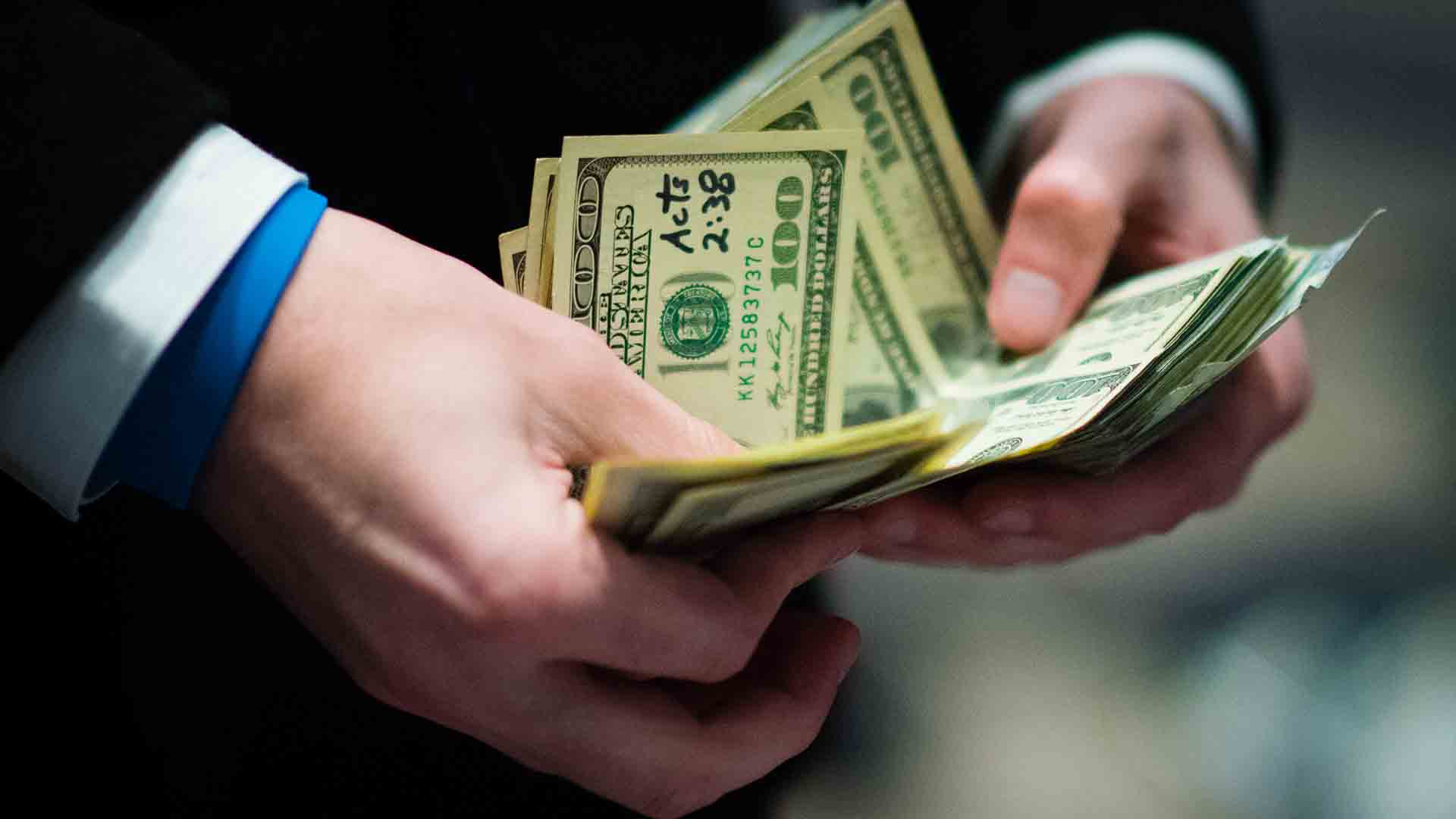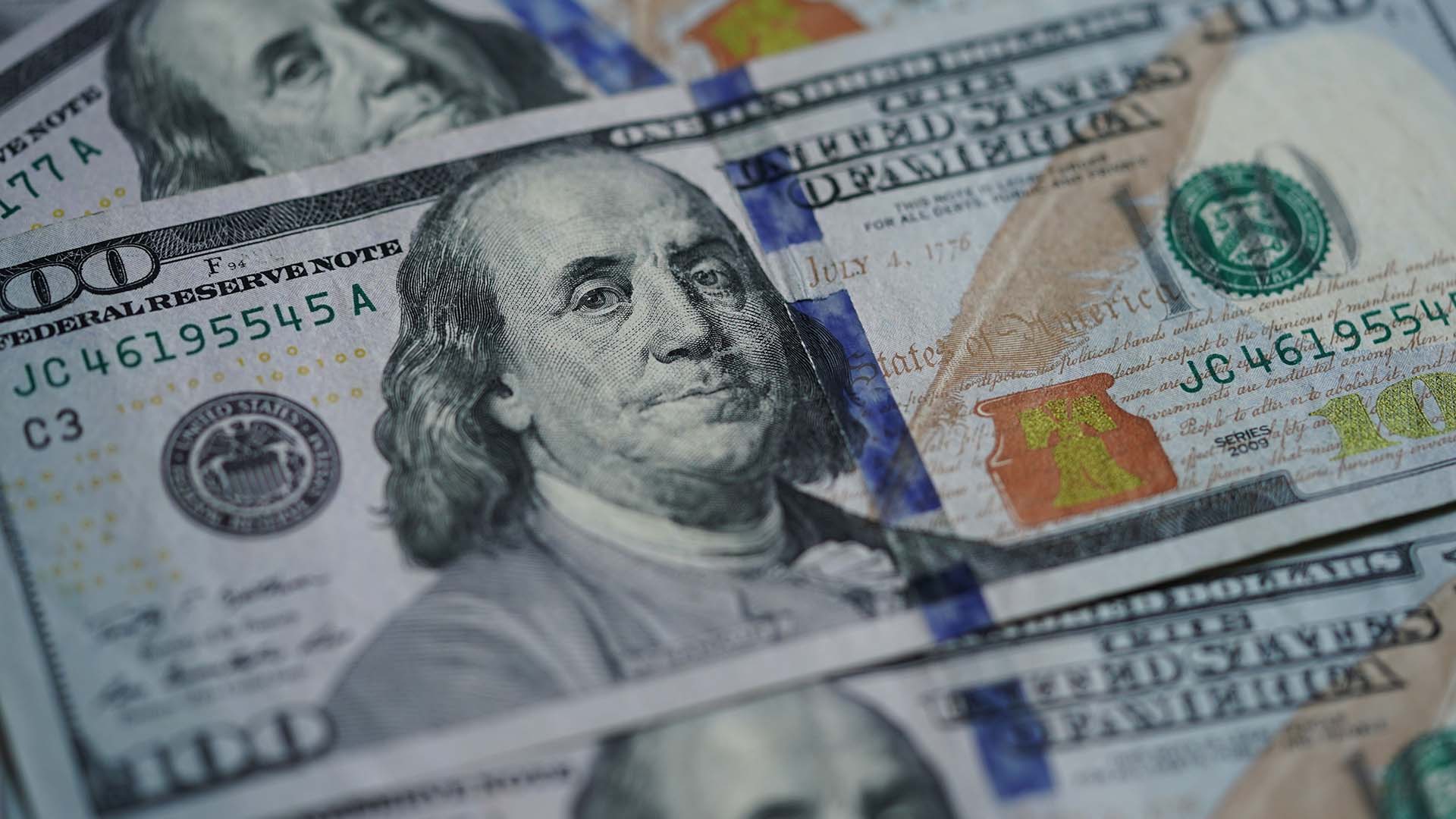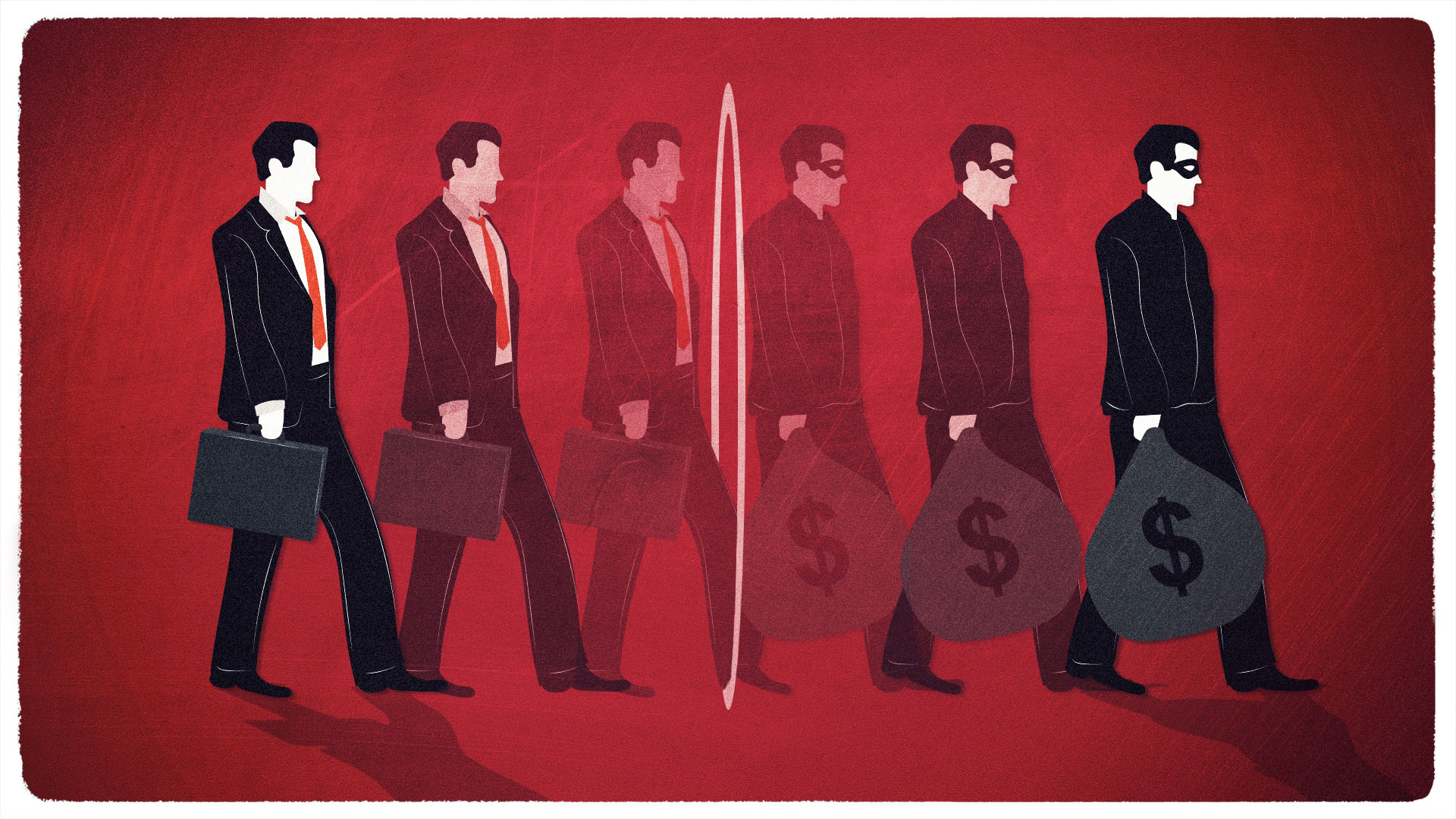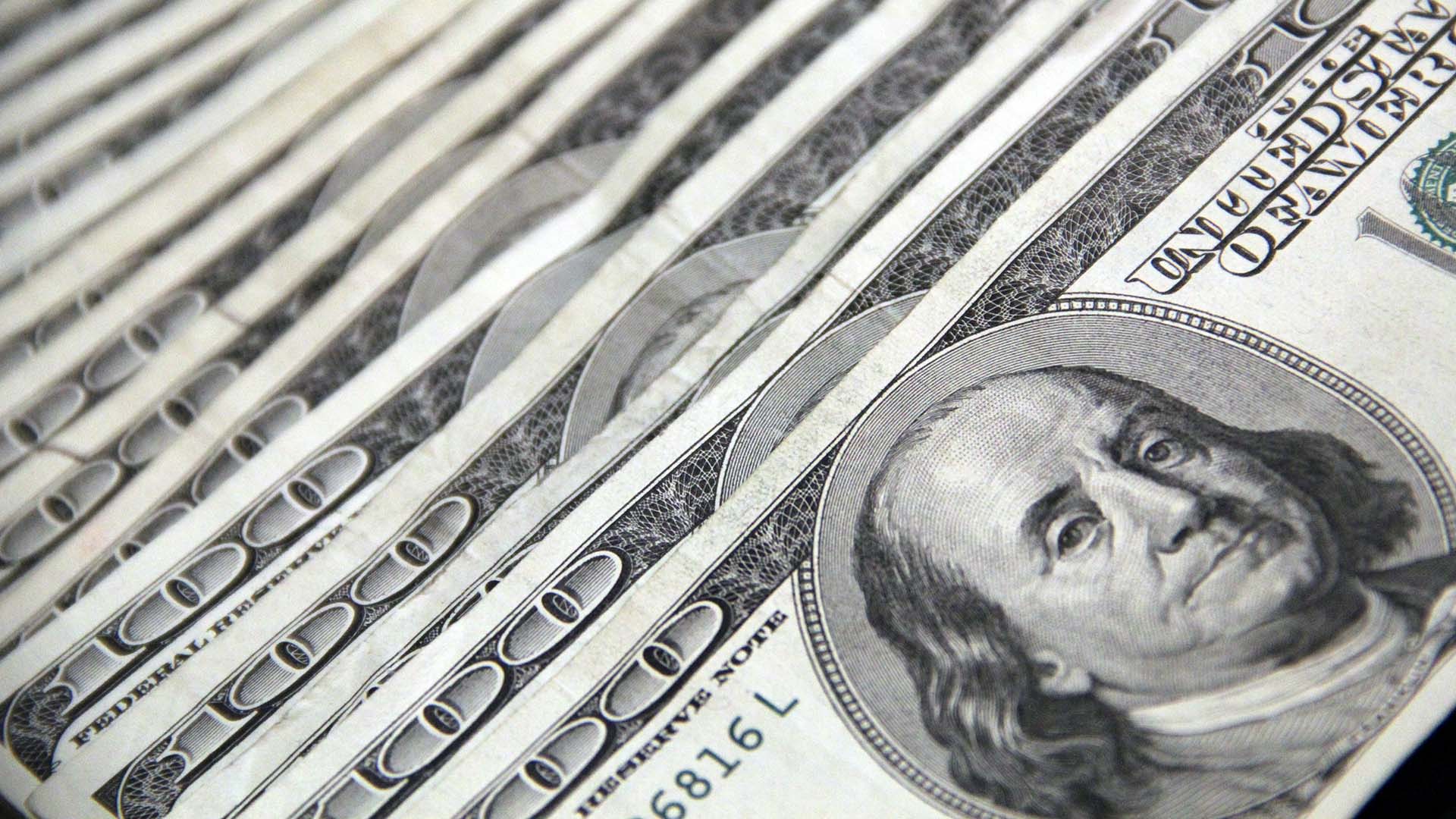INEQUALITY
How the world’s richest defend their wealth, with help from a dedicated industry
Author and scholar Chuck Collins offers an insider’s account of the ‘wealth defense industry’ and the inequality it perpetuates in his new book, “The Wealth Hoarders.”

When Chuck Collins was 26 years old, he gave away his entire inheritance to groups working for social justice.
Born into a wealthy family (his great-grandfather, Oscar Mayer, founded a prominent national lunch meat company in the United States), Collins says he was exposed early in life to the world of wealth managers and came to realize the inequalities they help perpetuate. Now an author and senior scholar at the Institute for Policy Studies in Washington, D.C., Collins draws on his personal experience, extensive research, interviews with industry professionals and ICIJ’s own investigations for his latest book, “The Wealth Hoarders.”
The book, subtitled “How billionaires pay millions to hide trillions,” offers insiders’ accounts of what’s described as the “wealth defense industry” — made up of a coalition of professionals from advisors to lawyers and accountants — and how it deploys anonymous shell companies, family offices, offshore accounts and trusts to help the world’s richest people shield their wealth from tax collectors.
We asked Collins about the wealth management industry and what’s changing in the world of wealth inequality, fair taxation, and more.
You begin your book with a fascinating anecdote from a conference for people with inherited wealth in the 1980s. You were considering giving your inheritance away, and someone asked you: What would you prove by committing class suicide? A recent headline also described you as an “upper-class traitor.” What does this mean, the idea of ‘class suicide’?
I think what happened to me in my mid-20s is I got an understanding of how the system worked, where the rules were tipped in my favor, where there was this group of trusted advisors who were there to help the very wealthy preserve their existing wealth and pass it on to the next generation. And I just was like, Oh, well, this is not good for me. And this isn’t good for society, you know, I don’t really want to benefit from the system of inherited wealth dynasties. So yeah, it was unusual to give away assets, and that’s where I kind of crossed the line. You can be kind of quirky, and you can do whatever you want with the income, but when you start to give away assets — and, as I did, give them to groups working for social change — then you’re betraying your class interests. That’s how people would look at it.
If you had to answer that question today, what were you trying to prove? And do you feel like you proved anything?
I didn’t really want to benefit from the system that allowed this kind of perpetuation of inherited wealth dynasties. So I don’t know if I was trying to prove anything other than, you know, I didn’t want to cooperate with it or benefit from it. I guess I was thinking, well, maybe I would try to make my own way. But now, honestly, in retrospect, I realize the money was just one of many, many advantages.
What were the other advantages?
Well, growing up white, male, affluent in the United States, having multi-generational security, access to health care, access to education, property, financial education. I didn’t quite understand where I fit in. But I now know, not everybody has that, those advantages. So yeah, they’re just things that were kind of hardwired into my life.
How do your kids feel about you giving away your money?
I should say they all are happy and support the decision I made — but they didn’t really have a say in any of this, they weren’t even born! Parents do things that just drive you crazy. What can you say?
But I think one of the things it’s done is, they were raised in a very different situation than I was. They are better prepared to live in a more equal society than I was. And, as a parent, I think they appreciate that.
In your book you write at length about the “wealth defense industry.” Can you talk about this concept?
The first thing I should say is that I didn’t create that phrase. Social scientists like Jeffrey Winters, who wrote a book called “Oligarchy”, have been using this concept for a long time. So just to clarify, his idea is that what distinguishes ordinary rich people from an oligarchy is that all oligarchs invest in wealth defense, they use their wealth to get more power and wealth and defend their wealth, and to lobby and rig the rules around them. And I would argue that about the $30 million and up level, people start to invest in wealth defense.
When you’re in a certain class of wealth, people are marketing their services to you. If you have money and it is in a bank or it is invested somewhere, there are investment advisors, and pretty soon they’re saying: have you done tax planning? How do we minimize your taxes? Have you used any partnerships or trusts? Are you preparing to avoid estate taxes? How can we set up trusts for your children and unborn grandchildren? So there’s a lot of money to be made working with these clients. There’s a whole culture and industry surrounding wealthy families. Some would sometimes inherit what are called the trusted advisors, right? You have a trust that was created before you were born by people who your family’s still connected to.
So it comes with the territory …
It’s totally in the territory. It’s just like having somebody who cleans your pool. They are the financial butlers, but they are a class. And I think that’s what I’m trying to point out, they are a class in and of themselves. There are tens of thousands of them, who wake up in the morning, and are devoted to helping the richest people in the world get richer, and pass their wealth with as little taxes as possible. And they are not as wealthy as their clients. But they are quite well paid. They’re paid millions to hide trillions.
Who are some of the players who make up this industry?
They would be tax attorneys, people who specialize in tax and estate law. They are accountants. They are people who work in family offices, trust and estate practitioners, self-identified wealth managers. They’re white collar professionals. They might work at a major investment house or work in a family office setting.
How does the wealth defense industry advertise their services?
The marketing is happening through elite organizations. It’s happening through clubs. It’s happening through social networks. It’s all operating at a very high level, kind of behind the scenes.
And just to put it in the larger context, I’ve been following the work of the consortium (ICIJ) for as long as it’s been around. The Panama Papers five years ago, and the Paradise Papers and the Luanda Leaks and part of what interested me was this idea that wealthy people can’t do this alone. There’s always been tax avoidance, as long as there’s been taxes, but to have a whole industry that is devoted to not just tax avoidance, but responsibility avoidance, too. Whether you are the BlueHippo company ripping off your customers or you are hiding money from your ex spouse, it’s the same system and it’s often the same people who are facilitating that. Who are the fixers? Who are the enablers? I would say, they’re like the getaway car drivers. They’re the accomplices but the heist could not have happened without their help. They play a really important role in this global system.
In your book, you interview a wealthy businessman who said he had to yell at his accountant and wealth advisor to stop using or suggesting aggressive tax dodging tactics …
This is an interesting thing, the wealth defense industry has a bias toward accumulation, toward growing the wealth and passing on as much as possible. That is their objective. They are like a doctor whose goal is to prolong life, no matter what, their whole training is focused on one thing. That’s their metric for success.
So, what happens when you have wealthy people who don’t really want to pass on all their money to their narrow bloodline, children and grandkids? What if their sense of family is bigger? It’s a community, or it’s your fellow humans? What if you pay your fair share of taxes because you benefit from living in a society that has good public investments? Now you have to go to your wealth manager and say: you have to change your training here. I don’t want to keep accumulating, I want to pay my fair share of taxes. I don’t want to leave it all for my children. I want to leave it to the local community, to the YMCA? They’ll likely tell you: Oh, that’s nice. You could do that with 1% of your wealth. We can create this private family foundation for you. And your unborn great grandchildren will still be giving away your money. If you say, ‘no, there is a pandemic and I want to give more now’ they will tell you that you are going to erode the principal, you are going against all their training.
What if we can get more and more wealthy people like this group called the Patriotic Millionaires [Editor’s note: Collins sits on the Patriotic Millionaires’ advisory board], saying we should pay our fair share of taxes? We shouldn’t be aggressively avoiding every dime in taxes. We live in these societies too, we don’t want to live in a society with grotesque inequality and no public health.
And that brings me to my next question. In your book, you present a series of possible solutions, but I feel like some of them rely on the willingness of wealthy people and the enablers to act in ways that might not benefit them financially. Is that perhaps too optimistic?
No. I mean, the most important thing is we have to change the rules. We have to enforce the existing tax laws, we have to require transparency, corporate transparency, we have to outlaw certain kinds of trusts and transactions, and we have to have a system of global information sharing and reporting. That said, I think part of it is to change the culture though, educating wealthy people that they shouldn’t enable the system, they shouldn’t support the system, that they should go to their wealth managers and say, “That’s not what I want to do,” and to encourage defectors from the wealth defense industry. And my observation is that this industry is cracking. That there are cracks in the system, that there are people who are really unhappy, questioning if they are going to devote their whole life to helping the rich get richer. Some of them told me, confidentially: I wish I could do it over again, I wouldn’t do this. I spent my whole life helping the richest people in the world get richer. That’s my legacy and I regret that.
Have those conversations with regretful wealth industry workers happened through the years or did you notice a shift with the COVID-19 pandemic?
Both. The pandemic has been revelatory in terms of our understanding of inequality, how it harms. This book [had] only been out for less than a month [“The Wealth Hoarders” was published in March], but people who work in the wealth defense industry have been contacting me and saying, you know, you’re right. And I wish I’d known this when I was younger, or I’m really trying to get out of this work, you know, trying to find something else to do. Some of those people are [becoming whistleblowers] leaking information, at great risk. That shows the level of discord within that profession.
People with less money can end up paying more taxes than the wealthy, proportionally, due to tax avoidance and evasion shifting the tax burden. Yet there is this popular narrative that the government taxes the rich to give money to freeloaders living off welfare. In your book, you’re challenging this narrative by turning the term “freeloader” around to those who benefit from a system they don’t want to contribute to. Do you believe that public consciousness has shifted around this idea of who’s abusing the system?
I think that attitudes about taxation are shifting. People understand that the rich have their own set of rules. I was looking at the polling for Senator [Elizabeth] Warren’s proposed wealth tax and the proposal is very popular. People support [President Joe] Biden’s proposals to raise taxes on wealthy individuals and corporations. That has not always been the case. Proposing tax hikes on the wealthy hasn’t always been that popular. I think what’s happening is that people are questioning the narrative that these are the wealth creators, and they are the job creators, and they’re the virtuous people. People are saying: well, wait a second, what about all these public investments that help make your company possible? What about paying your fair share of taxes for the system that you benefit from? Shouldn’t the tax rules be fair? Why is there one set of tax rules for the richest 1% and a few global companies, and another set of tax rules for everybody else? So I think that there’s more recognition that the system is broken.
Despite all the public investments and tax breaks for major companies, there is still a stigma about access to welfare …
I agree that our society puts a huge stigma on help. That’s why it is important for wealthy people to talk about the help that they got, the base or foundation that made individual wealth creation possible. Good societies help people get access to opportunities. When I’m talking to wealthy people who say, “I don’t have to pay taxes, I have no obligation, the money is going to be wasted.” I ask them: You think you didn’t get any help? You didn’t go to a public school? You didn’t go to a public library? You didn’t drive on a road? You don’t use the internet? You don’t use protections that exist in our societies that are public institutions? During a pandemic, don’t you want a functioning public health system? Look at the wealth that’s been destroyed during the pandemic. Unfortunately, there’s been a lot of profiteering and money flowing to the billionaires too. But it’s not in anybody’s interest to have such a weak public health system unable to respond to this emergency.
I just think we have to understand we live in a web, and that web includes public investments and institutions. The source of wealth comes largely from communities, workers, nature. And yes, if you work hard, you should get paid for what you did, but society also plays a role in your good fortune, and therefore we have an obligation to pay our taxes, so that the society can continue to be healthy.
This interview has been edited for clarity.


